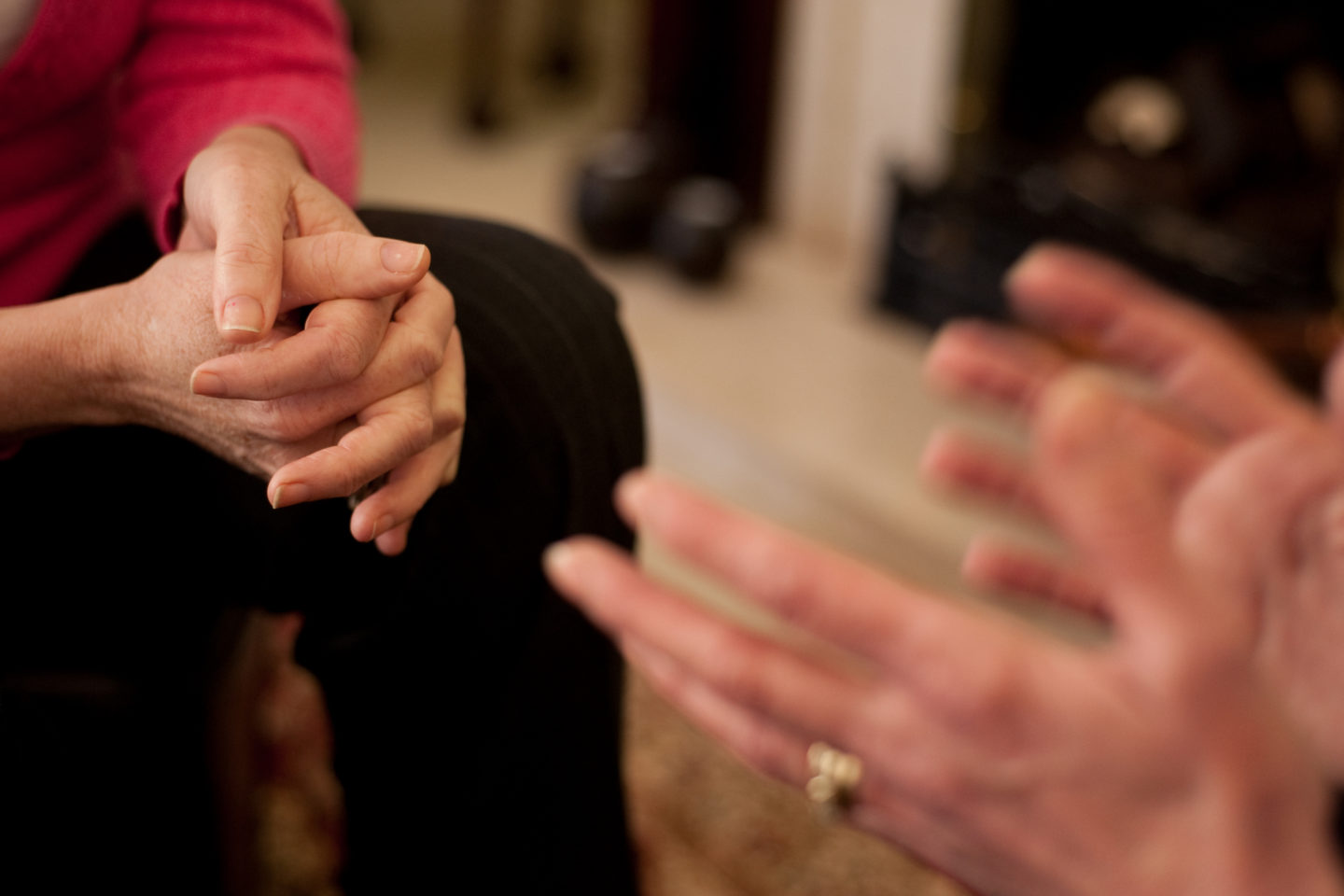Between 2002 and 2004, 27% of U.S. adults had received mental health treatment.
That’s about 59 million people, just over the course of two years.
Group therapy and individual therapy are hugely important healing tools. In fact, therapy can be over two times more effective than medication alone, and can truly work wonders when paired with medication if it is necessary.
In group therapy, participants are offered an instant sounding board to bounce their thoughts off of. Having a group sound off on your thoughts allows you to see any issues from not one, but multiple new perspectives.
“Hearing from other people about how you come across can be very powerful,” says Ben Johnson, clinical psychologist and director of Rhode Island Cognitive Behavioral Therapy and Coaching. Hearing multiple thoughts on your issue can make you see the situation more clearly, and thus see an easier way of pulling yourself out of it. Group therapy also allows you to bond with people who have experienced struggles similar to your own; knowing you are not alone in a difficult situation can be a very powerful healing tool.
Many people often isolate themselves when their mental health is on the decline, so having an obligation to attend group therapy sessions can give people the necessary push to interact with others. Those who suffer from social anxiety or tend to withdraw during depressive episodes may find that having a closed therapy group (where the sessions are only open to members who started at the same time, and do not allow new members each week) provides a space to gradually build a relationship with trusted confidantes. Others may appreciate the dynamics of open group therapy more, as new people can join at any time and thus offer different perspectives at each meeting. Group therapy can also be more accessible, as it is typically less expensive (or even free) than individual therapy.
Individual and group therapy can also work in great conjunction. In fact, if you feel you may have reached a stagnant point in individual therapy, “joining a group may jump-start your personal growth.” However, if you feel individual therapy may be more suited to your needs, even just initially, the one-on-one connection you have with your therapist can provide incredibly valuable assistance. Individual therapy allows your therapist to focus on you and working through your issues alone; there is no need for the therapist to facilitate others, or for you get to know an entire group of people. Individual therapy offers instant intimacy with one person, since all of their attention and expertise is directed towards you. It can also be easier to open up with one trusted professional, rather than a group, especially when first disclosing a difficult issue.
Individual therapy also allows for you to go to a psychiatrist or psychologist, or someone who can prescribe medication if necessary. Some people choose to see an individual psychiatrist for medication, in addition to an individual therapist; some will go to a psychiatrist, a therapist, and group therapy meetings as well. Each format works to solve different issues; for example, those with substance abuse issues may find that group therapy works best at holding them accountable for their sobriety. For those who are discussing an issue for the first time, individual therapy may be best, as it can be very intimidating disclosing a personal story for the first time in front of a large group.
Of course, the most effective form of therapy will vary from person to person, and it may take a few tries to find the individual therapist or support group you feel most comfortable with. Having a trusted mental health support team is absolutely invaluable, and well worth the potential trial and error process in the very beginning.




comments